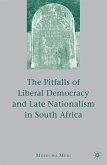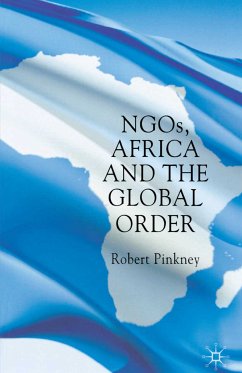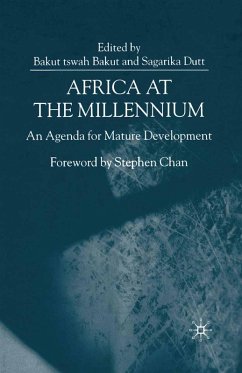Dieser Download kann aus rechtlichen Gründen nur mit Rechnungsadresse in A, B, BG, CY, CZ, D, DK, EW, E, FIN, F, GR, HR, H, IRL, I, LT, L, LR, M, NL, PL, P, R, S, SLO, SK ausgeliefert werden.
'This is indeed a useful and timely contribution to the democracy debate in Africa.' - Dr Francis B. Nyamnjoh, Senior Lecturer, Department of Sociology, University of Botswana
'[Kenneth Good] illustrates in this important book, no country (with the exception of Madagascar) has embraced participatory democracy with its egalitarian face, preferring instead the elitism of the liberal model.' - The Sunday Independent









